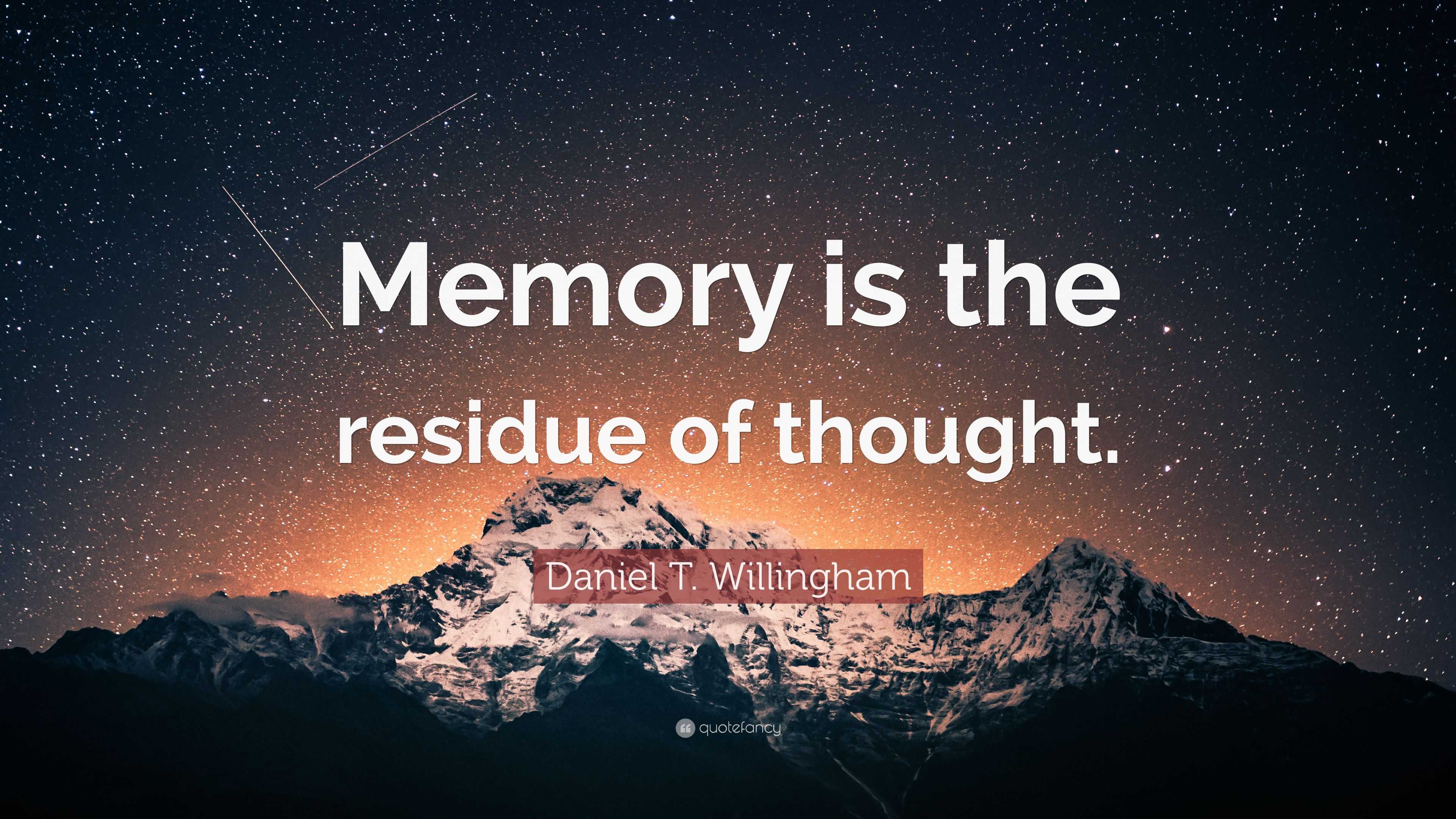There is nothing quite like getting wrapped up in a story. The comfort of being pulled along on a narrative journey, freed from the shackles of our current reality and allowing ourselves to imagine and to think. Experiencing a story, by either reading or listening, is a powerful experience. It is also a teaching and learning gold mine.
As an RE teacher I have used stories on many occasions and have recognised their impact. There are two examples that come to mind that I have used in recent times. One is the telling of the Christian story - from the creation, the fall of man and original sin, to the redemptive story of Jesus; incarnation, death and ressurrection. I tell this story at the start of a unit on Christian beliefs. I go for the whole story with subject specific vocabulary, and invariably I have a class in silence listening to the tale - all I have to support me are a selection of renaissaince art images for a bit of dual coding. There is nothing in their exercise books as evidence for this experience. Yet I have found that this experience has been invaluable for their memory and recall. As I move through the unit going into detail on specific Christian beliefs a large proportion of students can place them in the context of the wider narrative and as such they remeber more. Telling the whole story at the start of the unit provided a basis for students to collect the details at a later stage.
 |
| As a way to support memory and recall images of the story were used to accompany the story. As the unit continued the images were re used as a way of supporting recall. |
Once upon a time there were two good friends. One of them was a pious believer in God. He followed all the rules of his religion and lived with good intentions and great faith. His friend however, was not religious and had no belief in deities. Nevertheless, both were equals in good intentions and good deeds. In fact the two contributed to charitable events, together they helped the poor and needy. That is how they became friends. For years they both prospered.
As time past and age took over, they began to think of the inevitable fate of death. One day near the end they had a discussion.
The non-believer began with the age old question “what will happen when we die?”
His pious friend replied “Well, dear friend, I hope that when I die I will be judged kindly by God and, If God wills it, I will pass through the gates of heaven and reach paradise. Here I will be in eternal bliss with God.”
At this response the non-believer felt nervous. He replied: “I am sure you will enter paradise my worthy friend.” However, as he spoke these words he thought to himself: “I cannot believe in such things – If what my friend speaks of is the truth surely my judgement will be to burn in the fires of hell – yet I still do not believe! Oh now I come so close to death I fear for my soul!”
The religious believer, sensing his friends anguish, felt compassion: “My friend, do not suffer, you still have time to declare your faith in God – he will forgive you.”
“No, I cannot do it. It is just not possible for me to believe that a God can send good people to such suffering. What about my family, my loved ones who have passed away and did not believe… what of them? Oh, my friend! I can only see one hope for me…”
“What is that hope?” his pious friend asked quietly, listening with regret and intrigue.
“Dear friend, if it turns out that what you say is the truth and you reach paradise. As you stand in the presence of God and I am sent to my doom, remember our friendship and please do one favour for me.”
“Surely I will my worthy friend. What do you ask of me?”
“Pass on this message…?” He paused.
“What message my dear friend?"
“Tell God… tell God that I forgive him.”
Take a moment to think about the story.
Did you get lost in the narrative? What thoughts were provoked in your mind?
Well I suppose to a degree it depends on the quality of my writing! I am no James Joyce! Nevertheless, I hope you can see how this story could open up numerous lines of discussion and debate - it is a story of controvesy after all. However, I hope that the residue of the thought this story creates will be an empathy of the human condition - that was the authors intention!
An important thing to note - this story provided me with no concrete value when it came to answering an RE GCSE exam question on life after death.
Why are stories so effective?
Dan Willingham the lauded cognitive psychologist, coined a famous phrase - "Memory is the residue of thought". It is what we think about in our working memory that we are most likely to transfer into our long term memory. Getting wrapped up in a story supercharges our working memory with thoughts that we can link to our own experiences or wonders. As such a story is a memorable experience.
Further to this, stories are challenging and as such can raise students overall achievement. When students are exposed to a story that is just above their reading age evidence shows that students can still comprehend it. There will be parts of such a story that students will not understand, vocabulary that will be new. However, within the context of a story a student can infer meaning. Furthermore, if a story is being read collectively students can infer meaning through disucssion about what they understand and what they do not.
Reading out loud
How we get students to engage in stories is also important. There is now a body of evidence that suggests reading out loud to students has a positive impact on progress. A recent study investigated the impact of reading aloud two novels over a period of 12 weeks to 368 year 8 students. On average all students made 8.5 months of progress in their reading age. A group of 'poorer' readers made 16 months progress - reference. That is an astonishing finding. Such an improvement in reading age will undoubtedly have knock on positive effects including improved outcomes in summative tests.
 |
| Reading aloud to students is an effective strategy. Students can just listen or follow along with their own copy of a text - both have strenghts. |
Implications for teaching
- Think about stories/novels that may be relevant to tell in your curriculum. Obviously some subjects will find this easier than others. English and most of the humanities have story telling at their heart. However, even in technical subjects there are stories to be told. In art, their is the story of the inspiration of an artist. Geography the human tales of a natural disasters. In science there are stories of discovery and the motivations behind them. Relevant stories are everywhere. We must not be afraid to use them - even if they do not meet a requirement of an exam specification! It is also worth noting that students can comprehend stories aurally that are up to three years above their current reading age - so be challenging. Books for Topics is a great website devoted to primary, but may be useful for groups in KS3.
- Consider how you can retell parts of your curriculum as a story. This is where we need to think about creating a narrative about a unit of learing. It could that a unit of work is framed as a line of enquiry (that could sound like a book title). "Why did they build Aswan dam? A tale of controversy in Egypt", "What made Picasso go so square? the rise of cubism in art", "I need to eat! The adventures of a hungry Englishman in Spain". Apologies for these silly ideas, but I hope you get my point!
- Drawing out the personal narrative (a pastoral spin). How often do we reflect on our own 'story' - Where we have come from, where we are, and where we are going to? As adults perhaps quite a lot. However, do we encourage our students to do this in our pastoral roles? I could argue that a schools purpose is to influence the narrative of a students life. We should direct them and help them reflect and frame their own personal stories. Every student has a story to tell, can we help them tell it?
Further Reading:
- https://marymyatt.com/blog/2019-12-14/using-stories-in-the-curriculum
- https://learningspy.co.uk/reading/reading-aloud-might-boost-students-memories-2/
- https://www.scilearn.com/little-known-truths-about-reading-aloud/
- https://www.theguardian.com/books/2019/mar/09/why-reading-aloud-is-a-vital-bridge-to-literacy
- https://www.greatschools.org/gk/articles/read-aloud-to-children/
- https://www.amazon.co.uk/Curriculum-Gallimaufry-coherence-Mary-Myatt/dp/1911382837
